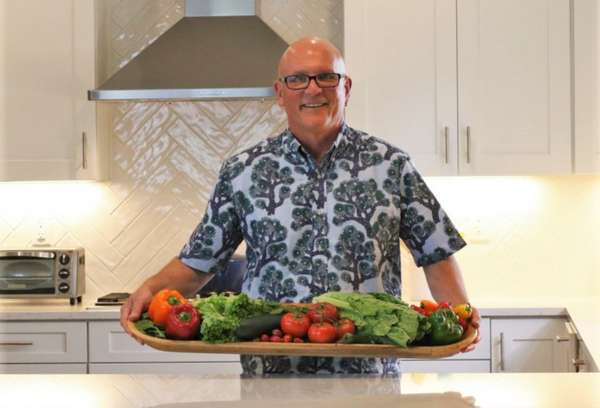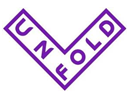“In vertical farming, it is interesting how quickly the industry has grown without specific varieties or seeds developed for that purpose,” says John Purcell, CEO and president of Unfold. The California-based company has made its mission the development of seeds and varieties and digital solutions for the vertical farming industry.
Why design for indoor growing environments?
Numerous crop varieties have been developed for both field and greenhouse production systems - so why should the vertical farming industry look elsewhere? According to John, a major reason to develop varieties for vertical farms is the potential to reduce operational costs.

John Purcell
For example, Unfold is working to develop varieties that are ready to harvest much faster, which would allow growers to produce more cycles per year and increase revenue. Similarly, developing varieties with a lower light requirement would reduce the costs associated with horticultural lighting, which represent a significant proportion of total operating costs.
Overall, Unfold’s process is about optimizing genetics to produce a higher biomass per day under less intensive temperature, humidity, and/or lighting regimes, all of which are major contributors to vertical farms’ electricity requirements.
Seed breeding
Seed breeding for vertical farming also allows the industry to capitalize on its controlled environments, growing conditions, and limited pest/disease pressure, which is not always the case in greenhouse and field settings. As John explains, seed development for both field-based and greenhouse applications needs to consider pest and disease resistance due to the environment’s high pest and disease pressure.
Breeding for resistance often presents a trade-off, such as a reduction in yield called yield drag. In vertical farms, the precise control of environmental conditions and sanitation reduces pest and disease pressure, allowing seed companies and growers to focus on high-yielding varieties that may have otherwise not made the cut, so to speak.
“Any time you are trying to incorporate pest and disease resistance in seed breeding, you are often doing it at a cost, such as a yield drag. With vertical farming, we can bring the focus back to maximal crop quality and performance,” explains John.

Partnership with Bayer
Through its partnership with Bayer, Unfold has access to Bayer’s germplasm for its biphasic approach: first, Unfold is trialing existing varieties and materials in vertical farms. Next, the company will move forward with breeding and new variety development.
While Unfold anticipates the completion of its research and development center by early 2022, the company is getting started with its R&D efforts by trailing at one of Bayer’s facilities.
“Having access to this germplasm pool gives us a huge start in getting our breeding program up and running. Leafy greens are wonderful but for vertical farming to meet its potential, the industry also needs to get into fruiting crops,” John explains.
According to John, Unfold has been warmly received by the vertical farming industry as growers recognize the importance of seed to their productivity and profitability. Unfold has developed multiple relationships with vertical farms and expects to announce major partnerships in the coming months. Since its establishment in 2020, Unfold has grown to a team of 13 employees and headed towards 15-20 employees by 2022.

For more information:
Unfold Bio Inc.
info@unfold.ag
www.unfold.ag
